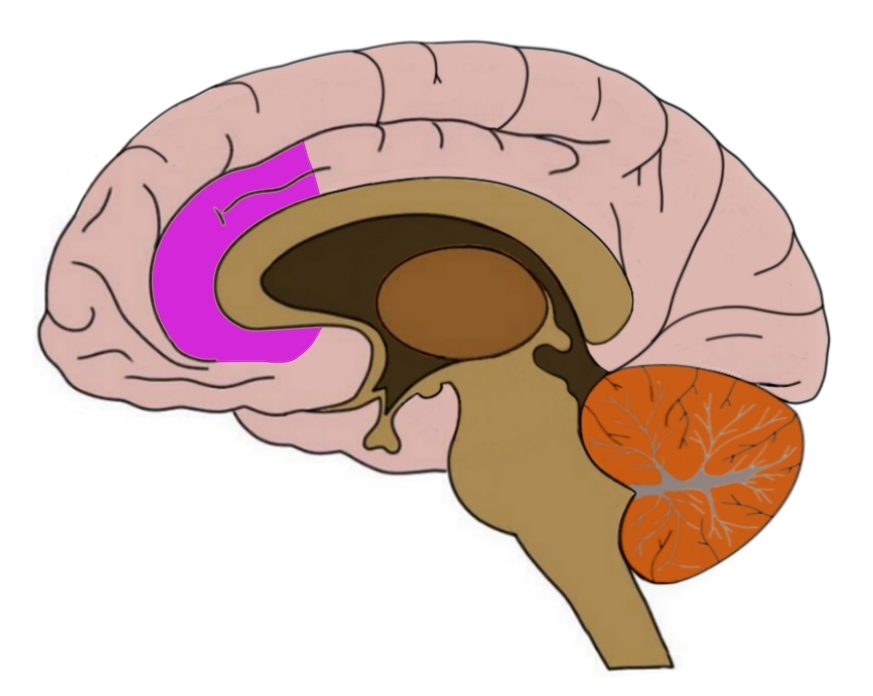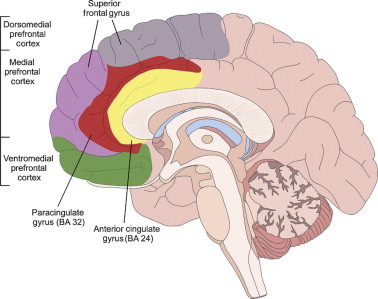After hearing about Emily’s presentation about dreams and other forms of reality I was reminded of the time I was placed under hypnosis. The night after graduation my school hosted a party at our local recreation center. There were games, indoor rock climbing, and even a hypnotist. I’ll admit I’ve always been a skeptic when it came to things like hypnotism, but I wanted to keep an open mind and give it a try. I was one of the ten people selected to get hypnotized. I remember sitting up on the stage and thinking that this was never going to work. I was hypnotized for over two hours, and I only remember bits and pieces of what happened. Apparently I pretended to be a five year old at an amusement park, competed in an imaginary dance contest, and took off my shoes and pretended like it was a cell phone. I have no memory of any of those events happening, and everything I do remember from that experience felt completely involuntary. It felt like I was watching myself from the outside performing these events. At first I was skeptical, but now I totally believe in hypnosis.
Hypnosis by definition is “the induction of a state of consciousness in which a person apparently loses the power of voluntary action and is highly responsive to suggestion or direction.” According to the American Psychological Association “Hypnosis is a therapeutic technique in which clinicians make suggestions to individuals who have undergone a procedure designed to relax them and focus their minds. Although hypnosis has been controversial, most clinicians now agree it can be a powerful, effective therapeutic technique for a wide range of conditions, including pain, anxiety and mood disorders. Hypnosis can also help people change their habits, such as quitting smoking” I want to dive deeper into how hypnosis can be used as a type of therapy.
Hypnosis was among the first forms of psychotherapy and has been highly controversial in its effectivity and reliability. However, a study done by Karen Ahijevych, et al. in 2008 examined the effects on hypnosis in helping people quit smoking.
A sample of 452 people was randomly selected from a total of 2,810 people. Hypnosis was defined in this program as a heightened state of awareness that enabled one to reach and maintain an acquired level of relaxation. Individuals focused their attention on the specific task of stopping smoking. The 40-minute hypnosis component included relaxation, deep breathing, concentration on phrases such as “I am a nonsmoker now,” and being in control of situations. At the end of the session, subjects received a 9-minute audiotape that contained a 30-second introduction, progressive muscle relaxation with a focus on breathing, self-hypnosis induction, and multiple repetitions of the phrases ”nonsmoker,” ”feeling good,“ and “in control.” The audiotape was designed as the primary reinforcement for the program, and participants were encouraged to listen to it the evening of the session and to begin the next day by reviewing the audiotape. At least daily use of the audiotape was stressed. They found a self-reported smoking cessation rate of 22% at 5 to 15 months post treatment. In this instance, hypnosis had a positive effect in helping a small population stop smoking
But can everyone be hypnotized? And what happens to the brain when a person is hypnotized?
A study done by David Spiegel analyzed the brain pattern when people were put under hypnosis and what makes people more susceptible to hypnosis.
Spiegel and his colleagues screened 545 healthy college students, giving them a test to see how easily they could be hypnotized. The researchers ended up with 36 highly hypnotizable subjects. They also selected 21 low-scoring subjects who couldn’t fall under the spell of hypnosis. All subjects were scanned during 4 conditions 1) hypnotic happiness (thinking about a time when they were happy), 2) hypnotic vacation (thinking about a time they were on vacation), 3) resting state, and 4) memory condition (asked to remember their day). During hypnosis, Spiegel found that in the 36 highly hypnotizable subjects the dorsal anterior cingulate cortex which processes information from the external environment became less active. This means that under hypnosis your brain will stop processing the environment around you and you will become more suggestible to what you are being told. There was also reduced activity in the dorsolateral prefrontal cortex, the medial prefrontal cortex, and the posterior cingulate cortex. These regions of the brain are responsible for the awareness of actions, which explains why most people under hypnosis feel that their actions are involuntary.


Spiegel also found that those who suffer extreme stress or traumatic events are more likely to be hypnotized, because their brain is able to “disconnect” from reality easier. However, you don’t need to have a traumatic event in order to become hypnotized. People who used their imagination a lot early in life — such as being read stories to by their parents — also appear to be more hypnotizable when they grow up. Again, this is because the brain has practice disconnecting from reality and the external environment. The easier it is for you to disconnect, the easier it will be for you to be hypnotized.
Hypnosis is often portrayed in the media as a party gimmick with watches, spirals, and magic, but it does have clinical properties as well. The American Psychological Association states “Hypnosis has been used in the treatment of pain; depression; anxiety and phobias; stress; habit disorders; gastro-intestinal disorders; skin conditions; post-surgical recovery; relief from nausea and vomiting; childbirth; treatment of hemophilia and many other conditions.”
References:
Karen Ahijevych , Ruth Yerardl & Nancy Nedilsky (2000) Descriptive outcomes of the american lung association of ohio hypnotherapy smoking cessation program, International Journal of Clinical and Experimental Hypnosis, 48:4, 374-387,
Heidi Jiang, Matthew P. White, Michael D. Greicius, Lynn C. Waelde, David Spiegel, Brain Activity and Functional Connectivity Associated with Hypnosis, Cerebral Cortex, Volume 27, Issue 8, August 2017, Pages 4083–4093
American Psychological Association. (2008, October 29). Hypnosis today— Looking beyond the media portrayal. http://www.apa.org/topics/hypnosis/media
Pictures:
Video (from me)
dorsal anterior cingulate cortex: https://www.google.com/search?q=dorsal+anterior+cingulate+cortex&safe=strict&sxsrf=ALeKk02WWfuGcuwlsxZp4klFPtWL8QZyHg:1588042933751&source=lnms&tbm=isch&sa=X&ved=2ahUKEwj53tD3kIrpAhUSG80KHd-sCYAQ_AUoAXoECA8QAw&biw=1280&bih=561#imgrc=G7BHimh1Brsz9M
dorsolateral prefrontal cortex, the medial prefrontal cortex, and the posterior cingulate cortex:https://www.google.com/search?q=dorsolateral+prefrontal+cortex,+the+medial+prefrontal+cortex,+and+the+posterior+cingulate+cortex.&safe=strict&sxsrf=ALeKk03bI2e9eAzDWgaM9p-25w5ZWvLL2g:1588044181461&source=lnms&tbm=isch&sa=X&ved=2ahUKEwjj98rKlYrpAhUOZc0KHbp3CvUQ_AUoAXoECA4QAw&biw=1280&bih=561#imgrc=nbwY6AfqMJezKM
This was such an interesting blog to read as someone who has never been hypnotized and has mixed views about the validity of it, similar to you before this experience. After learning about the clinical benefits of this, I am curious to how it can actually be done, and why it works so well for some people. Thank you for providing the research studies, I will definitely be looking more into those! This was super interesting to read and so cool to hear about your personal experience as well!
I’ve seen many shows with people getting hypnotized, but I have always wondered how it worked, or if the people were put up to it before the show started. Hearing the brain science behind hypnosis was really interesting and made me wonder if I am easily hypnotized!!
Hi Emily! This was such a great read 🙂 I really learned a lot. I honestly have never experienced being hypnotized, however, your story as a non-believer turned believer definitely has me wondering if it is real! I really liked how the format of your post was very fluid and easy to understand. By explaining how someone can feel like they can’t control their actions using the pictures and research about the activity of different sections of the brain, I was able to see it much more clearly. I would definitely be curious to know if there have been larger studies on a bigger and wider variety of testing population to come to a better conclusion. I also would like to know if there is a difference between hypnosis conducted by a professional in the doctor’s office etc or someone at a party.